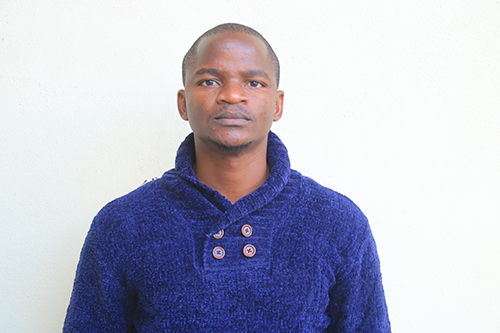Christian Mukuve
For many years as a Christian scholar, I pondered if I had to contribute to political issues. For at least a number of years, I was distant, until I leant these: understanding politics is critical, because every law that is made impacts nearly every aspect of our lives. Whether we like it or not, government plays a huge role in our daily lives, and having this understanding can help us determine the best course of action for ourselves and our family, regarding a wide range of issues (Dolen, 2015). It is this insight that inspired me to begin researching on politics in order to understand its impact on society and humanity.
Two weeks ago, there was a historic day in the history of America. It was the day that the US Supreme Court voted against the ROE V WADE decision of 1973 that legalised abortion. This news came as a victory to many Americans, particularly conservatives who had been fighting against it for 50 years.
It is important to know that the abortion issue has enflamed debate and deepened division in America. From the Namibian context, it is significant to notice that this comes at a time when our county is on its knees, hosting public hearings to seek opinion about whether or not to legalise abortion. To respond to this call, I write to give a glimpse and overview of the Christian and scientific position against abortion.
It is important for people to understand that knowledge of human embryology was very limited until recent times. In the 4th century BC, many Christian thinkers employed the biological theories of Aristotle and other philosophers who assumed that a process was needed to turn the matter from a woman’s womb into a being that could receive a human form. This theory was influenced by the concept of delayed hominisation (the belief that the embryo or foetus was not a human life with a soul until a particular event after conception). This concept held that it took at least 40 days for boys and 80 days after conception for girls (Amour, 2007). In my analysis, this gave provision for an interpretation that the termination of a foetus at this stage did not concern taking away life.
In the 13th century, St. Thomas Aquinas made extensive use of Aristotle’s thoughts, including his theory that the rational human soul was not present in the first few weeks of pregnancy. But he also rejected abortion as gravely wrong at every stage. During Karl Ernst’s discovery of the human ovum in 1827, scientists increasingly understood that the union of sperm and egg at conception produces a new living being with the potential to grow into a mature fetus, infant, child and adult. It is at this time that Aristotle’s theory was discredited.
Based on this understanding, the church reaffirmed its understanding of abortion in the 19th century, describing it as an intrinsically evil act that can never be allowed. From that time, modern science has not changed the church’s constant teaching against abortion, by sanctioning that the life of each individual of the human species begins with the earliest embryo. If it is wrong to kill an adult human being because he has a certain property, it is wrong to kill an organism (a foetus) which will come to have that property if it develops normally (Hare, 1975).
The church’s opposition to abortion is that it is obviously contrary to moral law, arguing that each and every human life has inherent dignity, and thus must be treated with respect due to a human person. Therefore, an embryo and foetus should not be killed because it possesses all the attributes that it will have as a full person later in life. This is the foundation for the church’s social doctrine.
In the US, statistics reveal that more than 3.2 million legal abortions were conducted between 2018 and 2020 alone (Diamant, 2022). The decision for the majority of these abortions is typically motivated by unwanted pregnancies. The good question we could ask is: what has become of the modern contraceptive methods of family planning?
It is said that prevention is better than cure. For Namibia, I suggest the remedy to deal with abortion, especially for teens, is to prevent what causes it. Although there are many different ways to prevent a teenage girl from falling pregnant, the only one that is absolutely effective is sexual abstinence. This method is the only one that guarantees no risk of getting pregnant, and even protects the teen from getting STD’s. It worked, it can work. To achieve this, we could consider creating a positive youth development behavioural intervention that seeks to promote obedience between children and parents. Provide education programmes to improve parents’ communication skills that seek to teach children about the fear of God. This will help instill a positive moral and values in their decision-making. It is possible.
For the US, it is not too late to learn from history. Remember that the Roman Empire did not fall by invasion; it fell by disintegration. Its society became preoccupied with the flesh, and an increased sexual immorality caused its value system to collapse. Say no to abortion to save lives!


